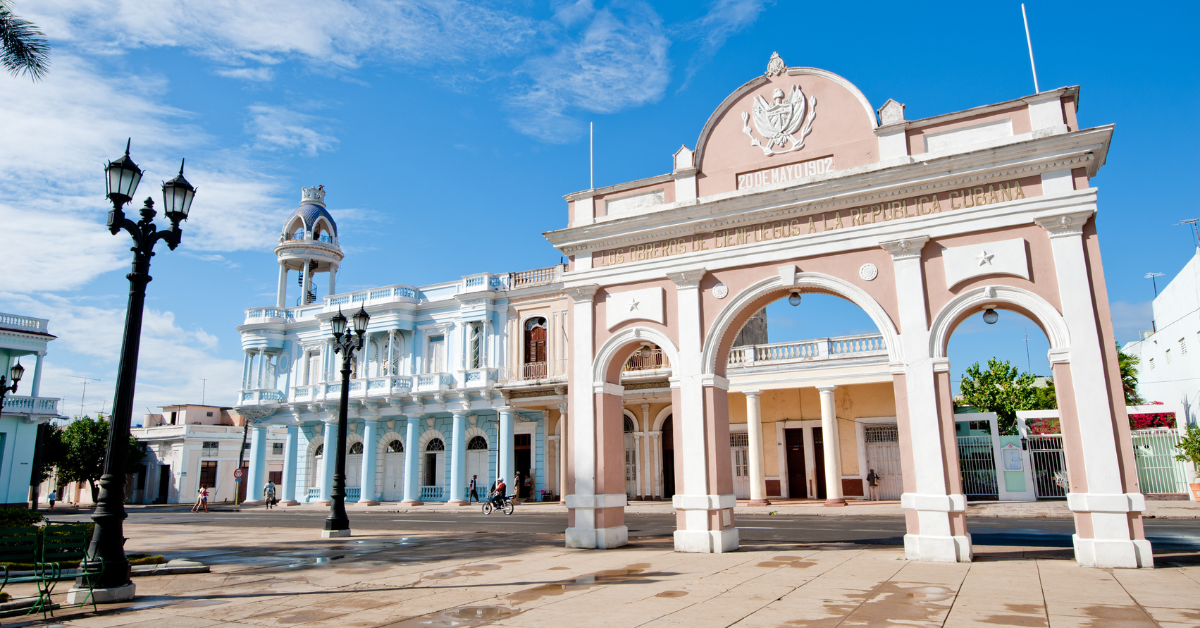When expressing Cuba in kanji, there is no official notation, but phonetic forms such as “玖馬” are widely known. For Japanese people, Cuba represents music, cigars, sports, and a unique political identity, creating a complex yet fascinating image.
“玖馬” as a Kanji Notation
The most well-known kanji notation for Cuba is “玖馬”. This form prioritizes sound over meaning. “玖” has a pronunciation close to “kyu,” and “馬” provides the “ba” sound. Thus, it is considered a constructed kanji notation based on phonetics.
Such ateji were often used when representing foreign place names in Japanese in the past. Today, katakana is standard, but ateji still appear in literature and academic works, carrying a unique, exotic nuance. The combination “玖馬” not only symbolizes phonetics but also creates a strong impression as an evocative representation of the country’s name.
Types of Kanji Notations for Cuba
Cuba has multiple ateji forms, each with different nuances.
| Kanji Notation | Reading | Characteristics |
|---|---|---|
| 玖馬 | Kyūba | Most representative. Introduced in Kanji Pedia |
| 玖瑪 | Kyūma | “瑪” means gemstone, adding elegance to the sound |
| 久場 | Kyūba | Simple, directly reflecting the sound |
These notations are not official but are seen as part of Japan’s expressive written culture.
Cultural Image of Cuba Among Japanese
Cuba is strongly associated with music and dance. Genres such as salsa, mambo, and rumba are internationally renowned, with many enthusiasts in Japan. This gives Cuba the image of a “cheerful and rhythm-filled country.”
Cuba is also famous as the home of premium cigars. Cuban cigars are considered luxury items worldwide, and in Japan, they are seen as a status symbol, reinforcing the “Cuba = cigars” association.
In tourism, old cityscapes and classic cars remain highlights. These unique sights present Cuba to Japanese as a “place where nostalgia and exotic charm coexist.”
Cuba as a Sports Powerhouse and Japanese Perceptions
Cuba is also known as a sporting nation. Baseball is considered its national sport, and the country has consistently ranked highly in international tournaments. Cuban players active in Japanese professional baseball have created an image of athletes with “strength and passion.”
Cuba has also produced many Olympic medalists in boxing and track and field, making it a small country with the presence of a global power.
| Sport | Achievements | Japanese Perception |
|---|---|---|
| Baseball | Consistently ranks high in global competitions. Many pro players | Seen as a powerhouse, a familiar presence |
| Boxing | Multiple Olympic gold medals | Symbol of skill and physical ability |
| Track and Field | Medalists in world events | Image of effort and passion |
Cuba as a Tourist Destination
In tourism, Cuba distinguishes itself from other Caribbean nations. Havana, the capital, is a UNESCO World Heritage site, attracting visitors with its colonial streets and classic cars.
| Feature | Impression Among Japanese |
|---|---|
| Historic Streets | A place to experience cultural heritage directly |
| Classic Cars | Nostalgic scenery, photogenic appeal |
| Caribbean Nature | Beautiful beaches and resort atmosphere |
Political System and Social Image
Cuba is a socialist state, and Japanese media often portray it as unique. Thus, alongside its vibrant cultural aspects, it is also seen as a “nation walking its own path.” Its economic and political structure enhances the impression of Cuba as a “special country.”
Connection Between Ateji and Cultural Image
The notation “玖馬” is not just phonetic substitution but also a reflection of Cuba’s distinctive identity. The nation’s lively music, athletic strength, and unique politics together give this kanji representation a deeper resonance.
| Aspect | Image | Characteristics |
|---|---|---|
| Music and Dance | Lively, full of rhythm | Salsa and mambo are iconic |
| Cigars | Luxury item, symbol of status | Globally respected brands |
| Sports | Powerhouse, symbol of effort | Baseball, boxing, track |
| Politics | Unique, special nation | Socialist system under global attention |
Conclusion
There is no official kanji notation for Cuba, but “玖馬” is the most widely recognized ateji. Other forms, such as “玖瑪” and “久場,” exist, each reflecting phonetics.
For Japanese people, Cuba is perceived as a nation of music, cigars, and sports, while also being recognized as a country with a unique political system. This multifaceted identity makes Cuba more than just a travel destination; it is seen as a special and dynamic country.
The kanji “玖馬” stands as a symbolic representation of this uniqueness, ensuring that Cuba continues to leave a memorable impression on Japanese people.






